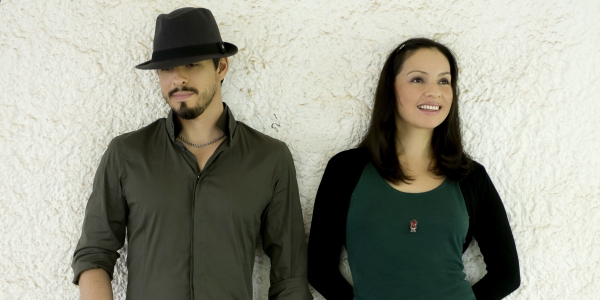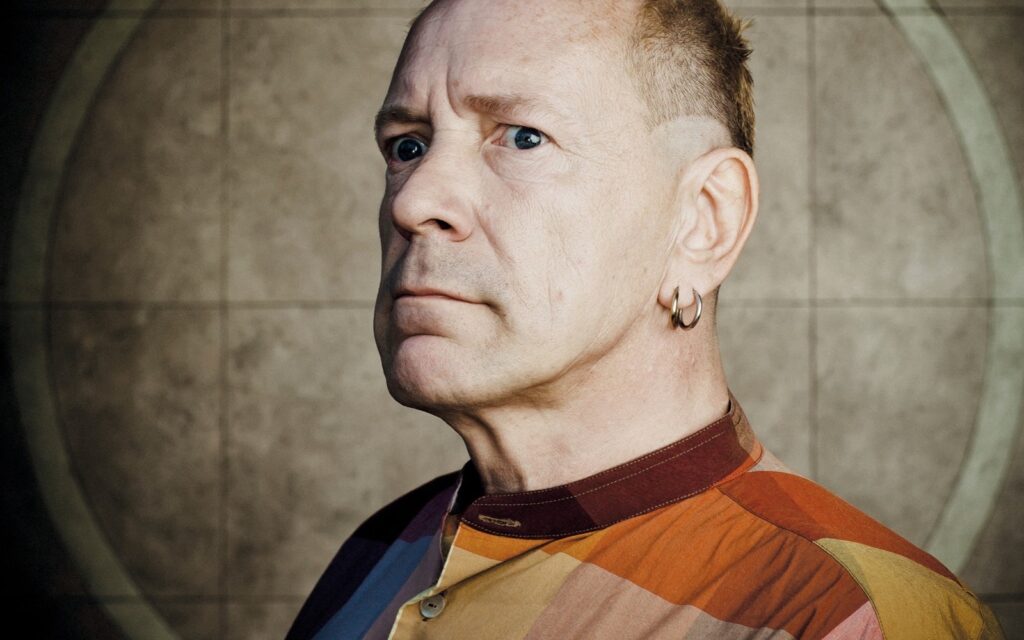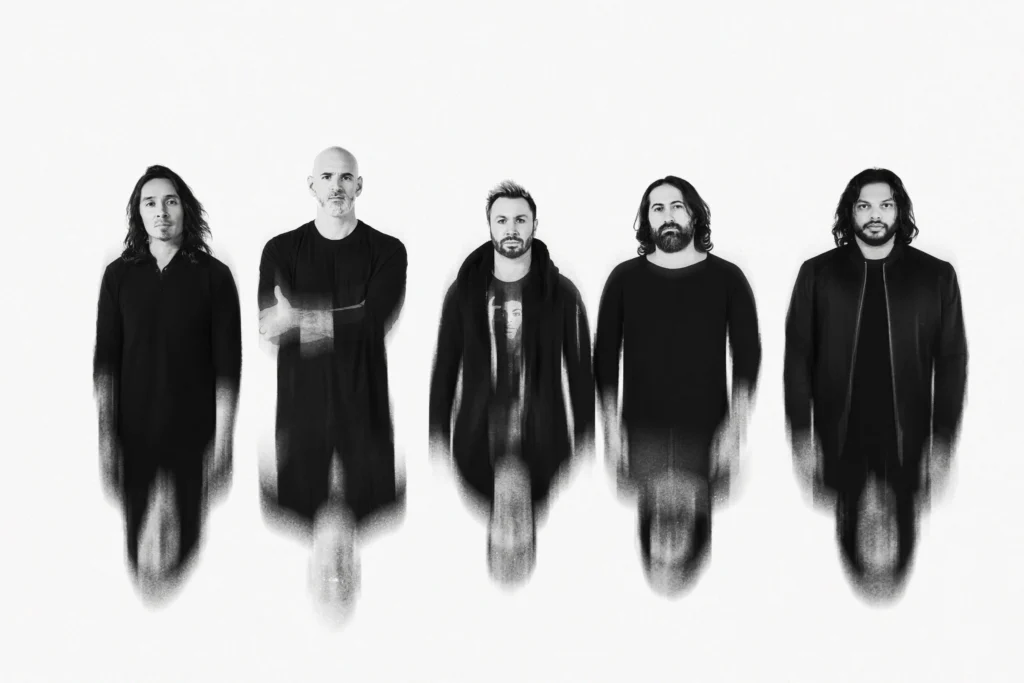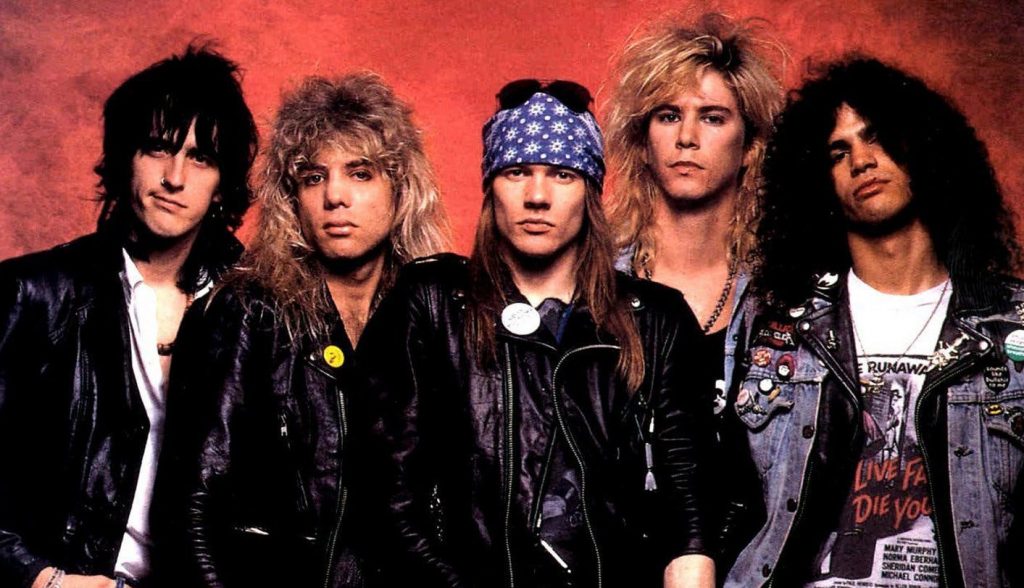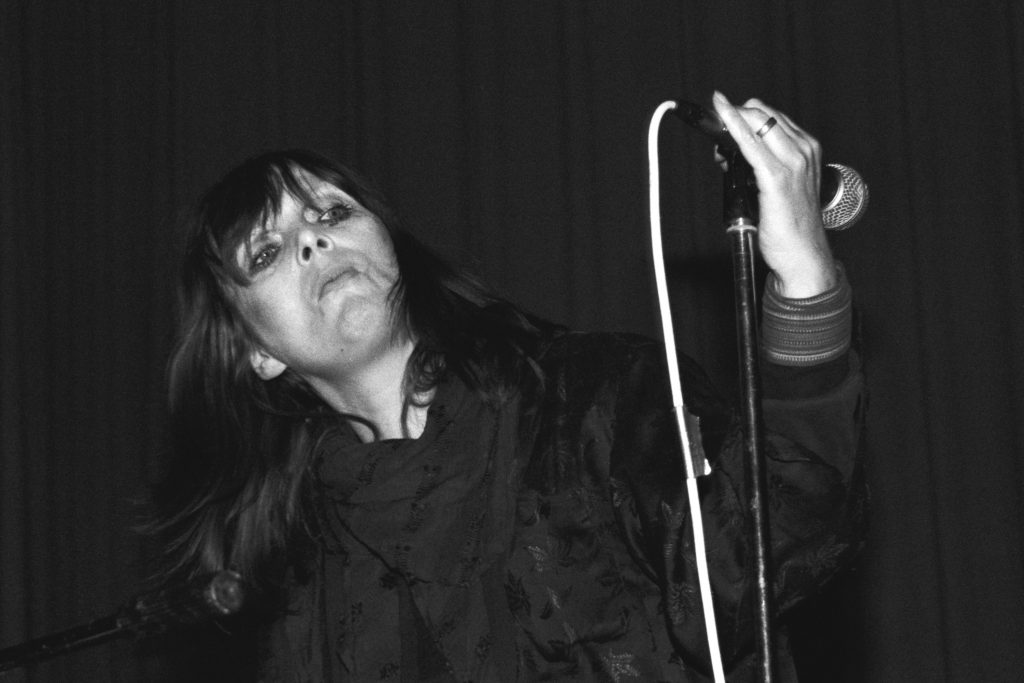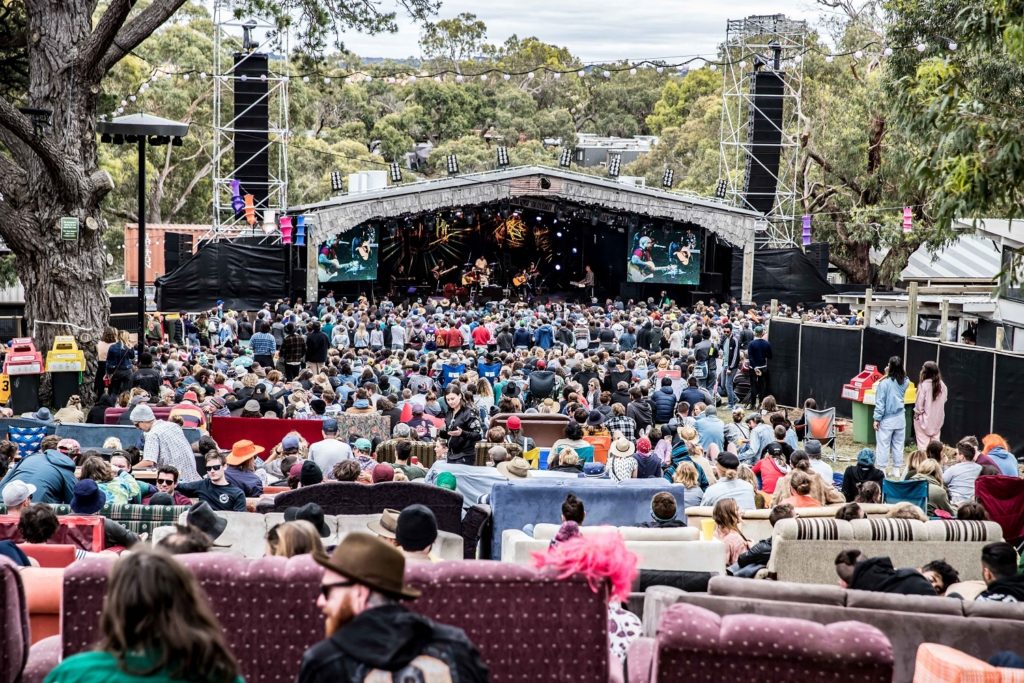“It’s a beach town, so it’s pretty calm. When we come back from work and touring, we feel like we’re on vacation.”
If there’s a group that deserves the odd vacation or two, it’s Rodrigo Y Gabriela. From humble beginnings as buskers on the streets of Dublin, the pair have grown into an acclaimed act worldwide. Their innate ability to fuse colourful Latin rhythms into their brand of acoustic rock is superseded only by the fact that they don’t seem to take their fame lightly; their career has been marked by steadfast determination.
It’s no surprise then that when the duo originally conceived Area 52, their fifth and latest full-length, they didn’t go half-arsed into the project. Originally just a simple idea to re-work some of the band’s older material, it was quickly transformed into a full-blown commitment with a 13-piece Cuban orchestra.
Rodrigo Y Gabriela, adhering to authenticity as they are wont to do, recorded Area 52 in Havana. But as Sanchez details over the phone from Ixtapa, Area 52 took on a snowball effect.
“Knowing that we still had another year to go on the 11:11 tour, management was still asking us when we’d be back in the studio. So we had to come up with a project that was going to help us buy some time. My original idea was much simpler; I would pass some songs over to be arranged and they can record an orchestra in the back. But they loved the idea. And once I got into the whole process of producing these albums, I became consumed by it.”
With his trademark work ethic in tow, Rodrigo Y Gabriela took to breathing life into some of their old material. Elements of jazz are noted throughout the record; there is a palpable groove throughout Area 52 that will soon take to the road.
“We didn’t just rearrange the songs; we reinvented nine songs from past albums. It became a very serious project, changing solos, changing parts. We obviously wanted to go to Cuba to record it as well. It was a long process from start to finish, but now we’re very happy with the results. And we hadn’t even planned on touring; now we think we’ll tour for six months or so, even though it was only conceived as just a project.”
The manner in which Area 52 came to life draws striking parallels to the path of the duo as well. Far from the sultry Latin fusion act that they are now, the pair originally met while playing in a thrash metal outfit in Mexico City. It might be a tad perplexing to try and form the musical lineage between Area 52 and thrash metal. But for Sanchez, it’s all about keeping an open mind and lending yourself to the world and its many musical influences.
“We come from a heavy metal background. But we were still surrounded by Latin rhythms, coming from Cuba and South America as well. We didn’t want to play that; we wanted to play heavy metal and we thought we’d become rock stars. Yet when we left Mexico for Europe, we realised we had a Latin side to us. We started to discover all these different cultures, and they found their way into the music. All the music we didn’t know about as kids, Indian music, Middle Eastern music now inspires us a lot. We grew up, somehow.”
A large part of the growing process occurred on the streets of Dublin. After feeling cramped by their opportunities in Mexico, the pair took off for Europe. It’s there where the band honed their craft and it still holds a special place in their hearts.
“When we first came to Ireland, we spent a year busking on the streets. That’s where we started to play the music we play now. We used to play Santana and Eric Clapton covers; we thought we could play this music in restaurants or hotels and get paid. We started writing our own music, and thought it would be cool to play with those covers when we did get actual gigs. Things began to get a little bit more comfortable; hints of Latin music with rock. Then, we started playing only our own music. We lived in Dublin for eight years; it’s like a second home for us.”
Sure, Area 52 is probably as far from their original visions of musical success when playing thrash metal in Mexico. But the record solidifies what so many already know about the duo; they are born performers.
“Lately, we’ve been trying to focus on the fact that it’s not just us that people are coming to see. It’s a whole event, and the music is the star. So we have to hone our music, we have to respect it. We do physical warm-ups and everything but mentally, we have to accept that it’s not about us. It’s about the people that can come and enjoy the music for a couple of hours in their lives.”
Audiences can then return to their homes and the rest of their lives. But while the band is onstage, Sanchez likes to leave a little bit of Ixtapa with their fans.
“We feel grateful, and the only thing we can give back to them is a complete show with all the energy we have. We want to make the audience feel happy, feel comfortable.”
BY JOSHUA KLOKE
